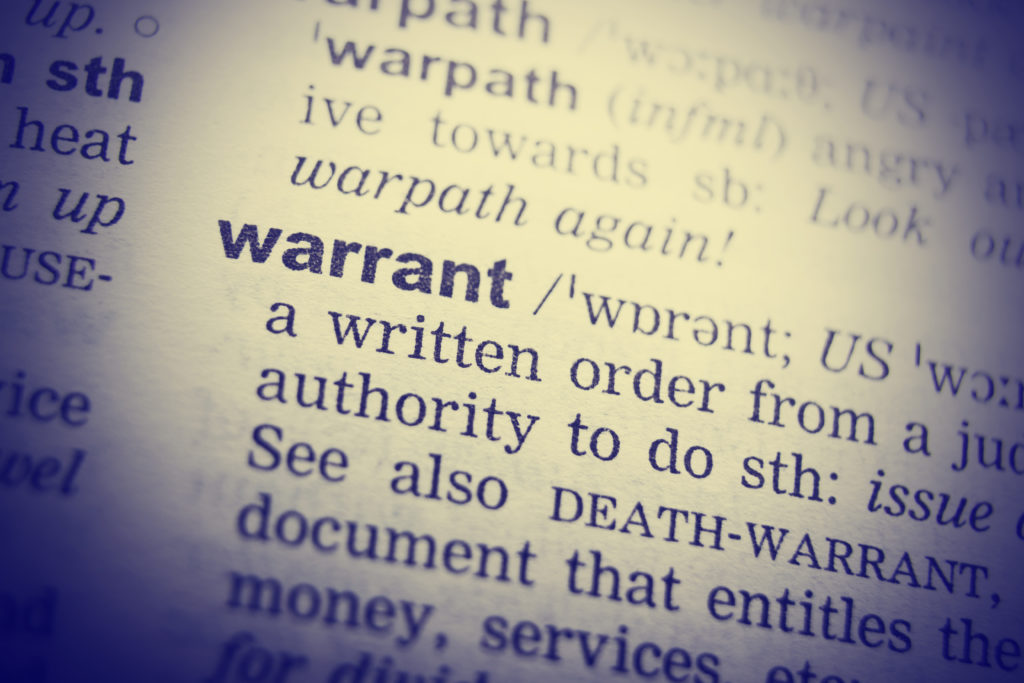 Have you ever considered the possibility that you could be pulled over for a traffic violation, and end up in cuffs going to jail? Why could this happen? If you’ve received a traffic ticket and didn’t appear in court, or otherwise close it out, the judge in your traffic court has most likely issued a bench warrant, which directs police agencies to arrest you for missing the court date to stand trial. Chances are, under this situation, you’ll spend the night in jail before you can be bailed out.
Have you ever considered the possibility that you could be pulled over for a traffic violation, and end up in cuffs going to jail? Why could this happen? If you’ve received a traffic ticket and didn’t appear in court, or otherwise close it out, the judge in your traffic court has most likely issued a bench warrant, which directs police agencies to arrest you for missing the court date to stand trial. Chances are, under this situation, you’ll spend the night in jail before you can be bailed out.
Simply put, a warrant is a legal instruction from a judge to law enforcement agencies to bring a defendant or evidence before the court. Warrants are discussed in the U.S. Constitution, and safeguards are laid out for how and when warrants can be used. Amendment Four states, “The right of the people to be secure in their persons, houses, papers, and effects against unreasonable searches and seizures shall not be violated, and no warrants shall issue but upon probable cause, supported by an oath or affirmation, and particularly describing the place to be searched and the persons or things to be seized.”
There are two types of warrants implied by the Fourth Amendment, arrest warrants, and search warrants. A bench warrant, the type being discussed in this article, is a type of arrest warrant, and is called a bench warrant because it originates with a judge, or the bench. Other types of arrest warrants may be commenced by law enforcement or a prosecutor, and then presented to a judge who issues the warrant. Since this type of warrant originates on the bench, it has become known as a bench warrant. Regardless of its origination, the effect is the same, law enforcement will be instructed to retrieve persons, or things, and present them to the court.
A bench warrant will usually only be issued if you were summoned to court through a traffic ticket, or subpoena, and then did not appear at the appointed time. While most arrest warrants are executed immediately, most traffic court bench warrant are not as high priority as normal arrest warrants and can be open for long periods of time. However, if you deal with law enforcement during the period that the warrant is active, either by being pulled over for an infraction, or for pretty much any other reason, you may find an old warrant is still active, and the effect will be police bringing you to jail to appear in court to answer the charges that are still in effect.
How Do You Nullify a Warrant?
If you know or suspect, that you have one or more warrants outstanding against you, it is essential you obtain legal assistance. Ticket Busters can search for open warrants for you. The process, which allows a lawyer to apply to have warrants nullified, is called “quashing the warrant.” Our lawyers can apply to the appropriate court(s) and present the motion to quash any open warrants in your name. Once courts know that you have legal representation, and that you are involved in the legal process and are going to appear for trial, they are more likely to grant the motion to quash. It is still up to the court, however, to grant such a motion, and until it is granted, you are still in jeopardy of being arrested. If the motion is granted, the warrants will cease to have any hold on you as soon as the motion is granted.
Ticket Busters Can Help with Warrants
We help drivers who have been issued tickets in Clark County, Nevada. If you’ve received a speeding ticket, we can represent you with the court. We usually get moving violations reduced to the equivalent of a parking ticket. This saves time, fines, and increases in insurance rates.
If you have active warrants, our attorneys will research your record and file motions to quash for any active warrants with the appropriate courts. We have relationships with the courts and can negotiate with them on your behalf. If you have outstanding warrants, call us and discuss the situation at (702) 666-6666.


